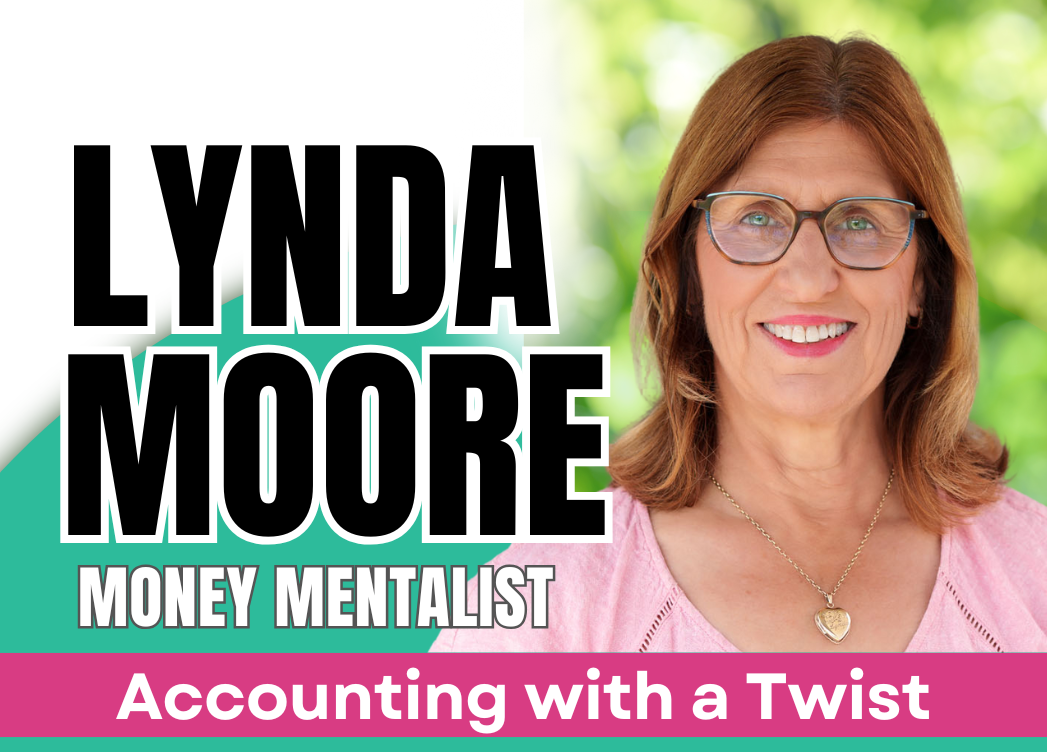
Welcome to 2025: Let’s talk money goals
Happy New Year! Wherever you were, and whoever you chose to spend your time with, I hope you have had a great start to the year.
A new year has a magical feel to it, it’s a time when we get to hit refresh and dream big for the year ahead. Every year we say the same thing don’t we. I’m going to get healthier this year and stick to my budget. This year let’s skip the vague resolutions and dive into habits that actually make a difference.
By now, you will have had time to reflect on 2024, get over your post-Christmas money blues, and you have set your goals for the year. The next step is to fit your finances to what you want to achieve. It’s important that your money plan allows you to incorporate those new plans and goals for yourself, so don’t just start with last year and tweak it. Really put some thought into how you want your money to work for you this year.
Here’s a few steps you can put ideas that you can think about as you build your money plan for the year.
What’s your Big Why?
If you have done your goals, you will already have answered this questions. If you are just leaping into your money plan, then your need to figure your why. Why is super important. It’s much easier to stick to our plan if we know why we want to plan in the first place. So, why are you setting financial goals? Is it to save for a dream vacation, buy a home, or finally get rid of that annoying debt? Or maybe to take some time out so you can upskill. Picture your dream life—what does financial freedom look like for you? I am asking you to look ahead here, it can be hard to see 5 or 10 yrs into the future, so just for now just focus on the next 12 months.
If you haven’t already, write it down or make a vision board. When you’re clear about your why, it’s easier to stay focused when the going gets tough.
Budgeting (I prefer to call it a money plan): Your money’s roadmap
Forget those restrictive “no fun” budgets. Think of budgeting as a GPS for your money—it shows you where it’s going and helps you get where you want to be.
If you are just starting out on the money planning journey, a nice easy way to start is the 50/30/20 rule:
- 50% for the necessities of life, rent, power, food etc, remember that this is your list of necessities of life, which could be quite different to mine.
- 30% for the nice to have’s, dinners out, weekends away, new stuff for the home. Again, this is your list, and if you want to have less in this category and more in the savings and debt bucket, then go for it.
- 20% for savings or debt repayment.
There are some great apps that can help you track your spending and stay on course. You want to be able to monitor how you are going according to the plan. Budgets aren’t set in stone, you need to review and adjust as your priorities shift—it’s your plan, after all!
Build habits that stick
Goals are great, combining habits and goals are where the magic happens. Start small and keep it simple:
- Automate your savings: Set up a monthly transfer to a savings account so it happens without you even thinking about it.
- Money dates: Once a month, sit down with a coffee (or wine!) and check your finances. Celebrate the wins and tweak where needed.
- Keep learning: Listen to podcasts, read blogs, or join a finance workshop. The more you know, the more confident you’ll feel.
These little habits add up over time, turning your money goals into reality.
Spend smarter
Begin to spend mindfully. It’s not about cutting out your daily coffee or saying no to every splurge—it’s about spending on what truly makes you happy and cutting back on some of the spending that doesn’t.
Some tips:
- The 24-Hour Rule: Before buying something in your nice to have category, give it some time. You might realize you don’t actually need it.
- Prioritise experiences: Memories last longer than stuff. A weekend getaway or concert ticket might bring more joy than a new gadget.
- Check your goals: Ask, “Does this purchase help me get closer to the life I want?”
Mindful spending is all about saying yes to the things that matter most and no to those that don’t
Kick debt to the curb
Debt can feel like a never-ending cycle, but there’s hope!
There are a lot of different ways you can tackle your debt. Depending on what the debt is, will determine what method you want to use to get it down. No, ignoring it is not a method I would recommend!
The Stuff Happens Fund: The ultimate safety net
Life throws curveballs – it’s just a fact. A stuff happens fund (otherwise known as an emergency fund) can help you handle surprises like unexpected car repairs or medical bills without breaking a sweat.
Start small, even $10 a week, and aim to build up to a level that you feel comfortable with. This could be anything from $200.00 to six months’ worth of living expenses. The amount is the figure that gives you some peace of mind.
What is enough for you?
It’s time to stop looking over your neighbour’s fence and keeping up with the Jones’s. Work out what enough looks like for you.
Ask yourself:
- Do I really need this?
- Am I spending because it adds value, or because I feel pressured to keep up?
When you focus on what truly matters, you’ll feel more content—and your wallet will thank you.
Financial freedom isn’t about perfection. It’s about progress. Start with small, intentional steps, and watch your confidence grow. This year let’s turn money into a tool that works for you, not against you.
Here’s to a year of smart choices, meaningful milestones, and maybe even a little fun along the way!
